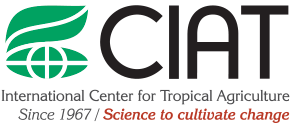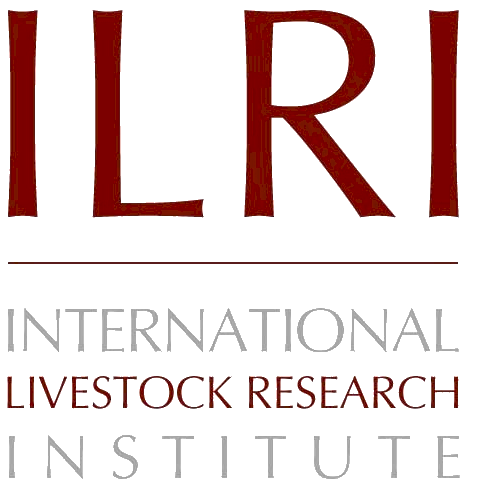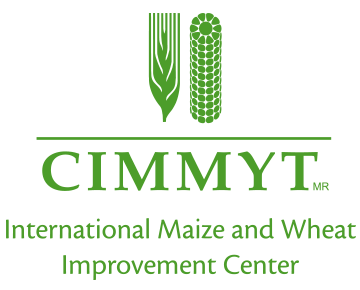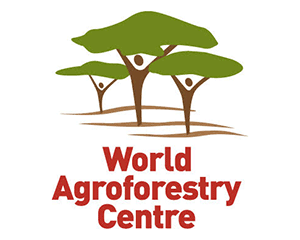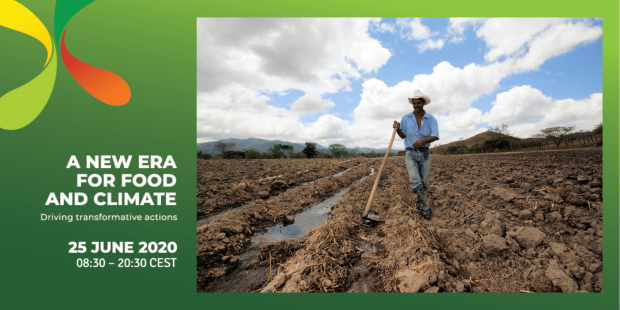
Preventing the expansion of agricultural land into high-carbon landscapes is one of the actions to reduce emissions in food systems.
We are in a time of crisis and great uncertainty. COVID-19, besides being responsible for the deaths of thousands of people, has shown us the fragility of our food systems. Faced with this situation, we need to support Latin American countries so the food security of the population is not at risk.
Ensuring the production, mobility and distribution of food is one of the challenges in the current situation. It is very important to take into account climate change impacts in order to make the best decisions aimed at greater productivity. It is now more than ever that the need for a transformation in food systems is evident.
The Transforming Food Systems Under a Changing Climate initiative, led by the CGIAR Research Program on Climate Change, Agriculture and Food Security (CCAFS), in partnership with various institutions around the world such as the Inter-American Development Bank (IADB), the United Nations Development Program (UNDP), the Food and Agriculture Organization (FAO), and the World Bank, among others, seeks to explore ways to achieve sustainable, inclusive, healthy and climate-resilient food systems.
Written by Juan Pablo Bonilla (IADB) and Ana María Loboguerrero (Alliance Bioversity-CIAT/CCAFS)
Photo: N. Palmer (CIAT)


